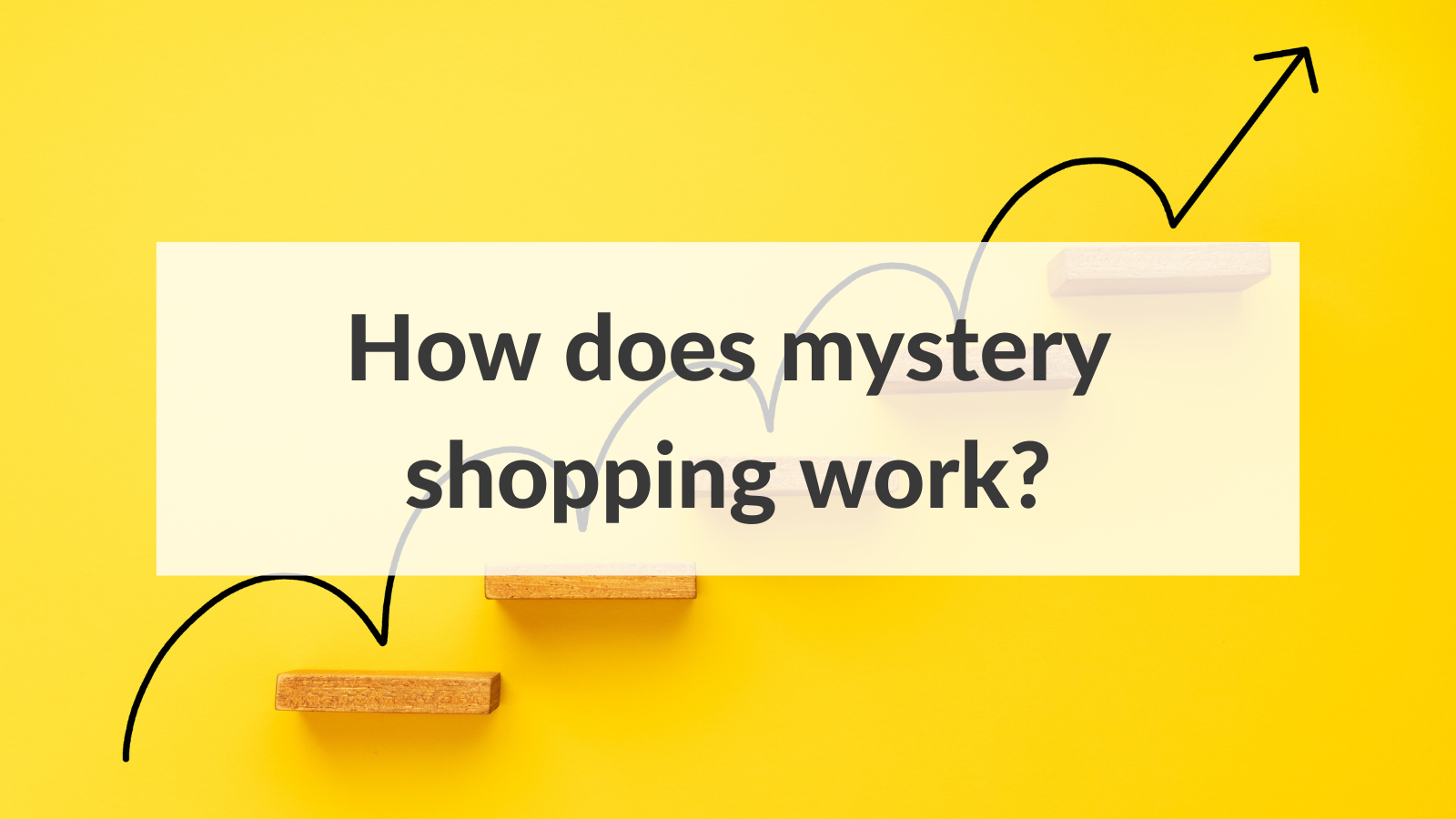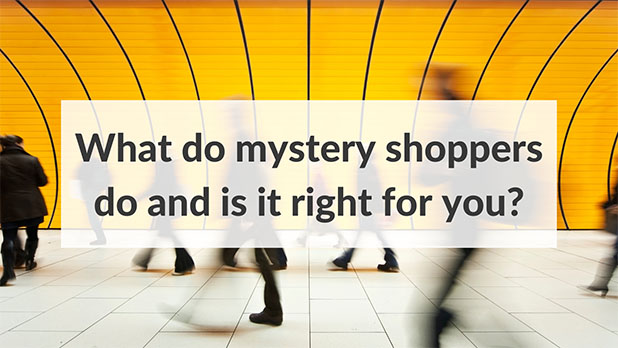Demystifying Mystery Shoppers
Mystery shoppers, secret shoppers, silent shoppers…they are known by many names, but who are these shoppers shrouded in enigma? And what exactly do...

With any good meal, the ingredients and the steps that go into preparing it are integral to the final product. And mystery shopping programs aren’t so different. Much like fine cuisine, it’s a mixture of art and science - a step-by-step methodology that, when executed correctly, enables brands to objectively evaluate particular aspects of your business from the customers' lens.
So what is the mystery shopping process? How does it work when you partner with a professional mystery shopping provider? Here we’ll look at the 5 key steps so you can, as the saying goes, see how the sausage is made so you’ll know what to expect and what questions to ask when developing your next program.
No one out there knows your business better than you do. And no one knows mystery shopping better than your service provider. So the first step of the mystery shopping process calls for some collaboration where your team explicitly discusses the critical assessment areas such as customer service, cleanliness, billings, and refunds, to name a few.
You can also start by asking yourself what the purpose of the mystery shopper program is. How will you use the mystery shopping results? What specific operational and behavioral elements drive your business? This information will then be used by your service provider to design mystery shopping questionnaires that properly measure the points along your customer journey that matter to your brand.
This is the step of the mystery shopping process that people are most familiar with. Professional mystery shoppers are assigned to visit locations in accordance with your program goals to collect high-quality objective data.
Based on the requirements of each assignment, these shoppers will covertly observe and record the specific operations and employee behaviors that have been identified as critical to your company's success. This enables you to assess any touchpoint — onsite, curb-side, online, or virtual - that is important for your brand.
Not to be confused with analysis, the review step of the mystery shopping process is about quality assurance rather than driving insights. One of the most important aspects of an effective and impactful mystery shopping program is reliable and accurate data. That's why a Quality Assurance Team reviews all data collected from the field before being entered into the platform used for analysis. This team should ensure:
As a result, you can move on to the analysis stage with the utmost confidence in the data that will form the basis of your insights.
Analysis is a pivotal point in the mystery shopping process. Data doesn't have to come in spreadsheets. Staring at spreadsheets can be boring and make it difficult to connect the dots. That’s why customer experience platforms have been developed to make it easy to visualize CX data in a way that aligns with your business. The best intelligence suite will seamlessly bring together mystery shopping data as well as other key CX metrics to allow for a holistic analysis.
Software like the Intouch Platform is designed to help you grow - making analysis simple so you can take action. It enables you to easily compare results over time, identify high-performing teams by region or location, and highlight trending or priority issues across your locations.
Insights are only as good as the action they drive. An efficient mystery shopping program helps you get the right information, to the right people, at the right time. This means you can hone in on your strengths and overcome any weaknesses in your brand's performance so your teams can do more of what wows your customers.
Remember, the mystery shopping process is an ongoing measurement tool to help you drive continuous improvements to your customer's experience. As consumer expectations and preferences are constantly changing, so should your ways to meet and exceed them. And the only way to get it right is to look at it always through their lens.

Mystery shoppers, secret shoppers, silent shoppers…they are known by many names, but who are these shoppers shrouded in enigma? And what exactly do...

The practice of mystery shopping can trace its roots back to research methods in the 1940’s designed to assess operational and behavioral...

Guest Post by Jeannie Walters, CCXP